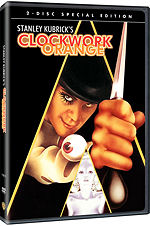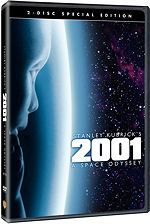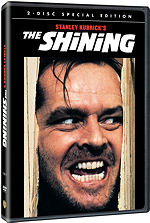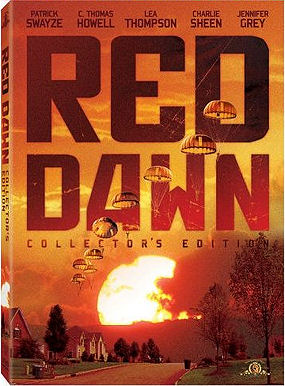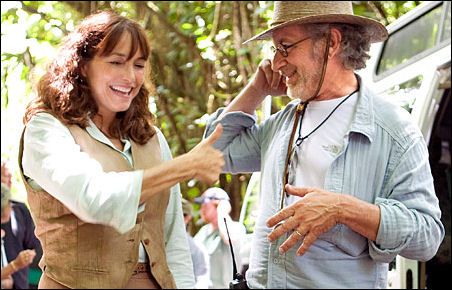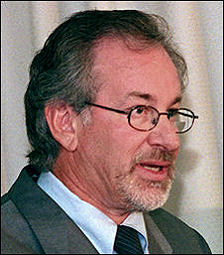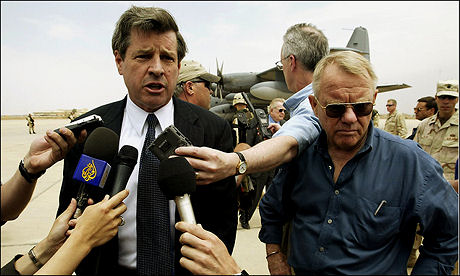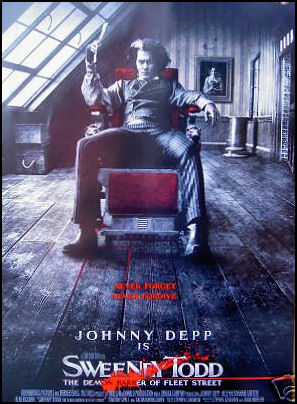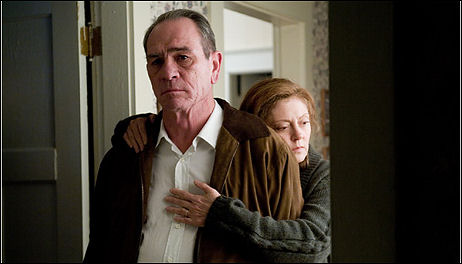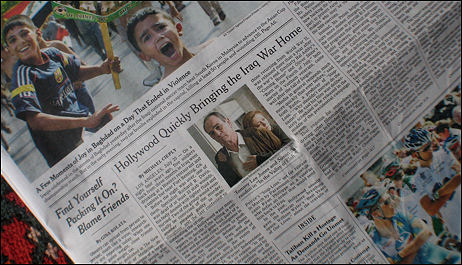In yesterday’s item about Kimberly Pierce‘s Stop-Loss (Paramount, 3.8.07), I quoted a plot synopsis that used the term “Iraqi war hero” and thereafter wrote in parentheses, “What would that be exactly?” Those five words brought down a torrent of hate. I won’t dignify what was said by quoting the bashers (read ’em if you want), but I tapped out a response this morning.
Wells to All Vigilant Defenders of U.S. Military Guys in Iraq: Sorry, but as soon as I read the term “Iraqi war hero” in that synopsis of Stop-Loss, I flinched. I regard the word “hero” seriously, you see, unlike some of the jerkweeds who joined last night’s lynch mob. It doesn’t mean being a hard-ass mo’ fo’ or simply a guy who’s over there and toughing it out as best he can. It means someone who’s commits a profound act of selflessness or sacrifice, who comes to the aid of those who desperately need help, who does the strong and noble thing when push comes to shove. And a question in my mind was lit — how does heroism fit into the day-to-day calamity and misery over there? A question, not an indictment.
Anyone with a passing familiarity with what U.S. soldiers are up against over there knows that heroism as I’ve defined it here is a little outside the realm (or certainly on the fringe) of what the armed forces are encountering and dishing out. At least as far as I’ve what I’ve picked up from news reports, books, book reviews, first-hand accounts, documentaries and whatnot.
Maybe some of the wolf-packers can show me all the accounts by imbedded journalists (or those on G.I. websites or G.I. chat rooms) in which classically heroic actions have been observed and written about. If they’ve happened with any frequency or regularity, great — I stand corrected. Believe me, any soldier who toughs it out over there with a semblance of focus and honor (i.e., shooting straight, keeping it tight and being vigilant within his area of responsibility without giving in to Abu Graib sadism or otherwise grinding the faces of Baghdad citizens into the dust or cement as U.S. troops bust into their homes at 4 a.m.) and watches the backs of his buddies has my deepest respect, but (it is indicative of the level of awareness that I detect among some HE readers that it actually seems necessary to point this out) we are not the good guys over there.
It would be great to hear about good things happening between U.S. forces and Iraqi citizens (apart from handing out the proverbial footballs and Hershey bars, I mean), but my understanding of the situation is that the day-to-day experience of U.S. forces is not fulfilling anyone’s definition of shining knight-ism or good-guy heroics. Anyone who believes that the day-to-day over there is glorious or noble needs to take the needle out of their arm. We are not up to good things. We can’t be. Ask H.G. Wells about the fate of all foreign invaders and occupiers. (He wrote about them in “War of the Worlds.”)
In the Valley of Elah (which I’ve seen twice) advances the notion that the Iraq War experience is generating a kind of poison that is affecting the souls of the troops (and in turn U.S. citizens). Other films about the Iraq War being planned or shot will, trust me, have this element in their narratives as well to whatever degree. The Iraq War docs that I’ve seen or read about have also passed along despairing messages and conclusions about the dehumanzing aspects — the brutality, the cruelty, the ugliness.
Hence, when I saw the terms “Iraq War” and “hero” side by side, I paused. I said to myself, “Really? How would that be exactly?” On an incident-by-incident, day- to-day survival basis, I’d like to think that U.S. soldiers are doing the hard brave thing for each other each and every day. But the overall mission over there is vile, founded upon smoke and lies and neocon delusion, and those being ordered to fulfill it are doomed to failure and, in the long historical sense, ignominy.
